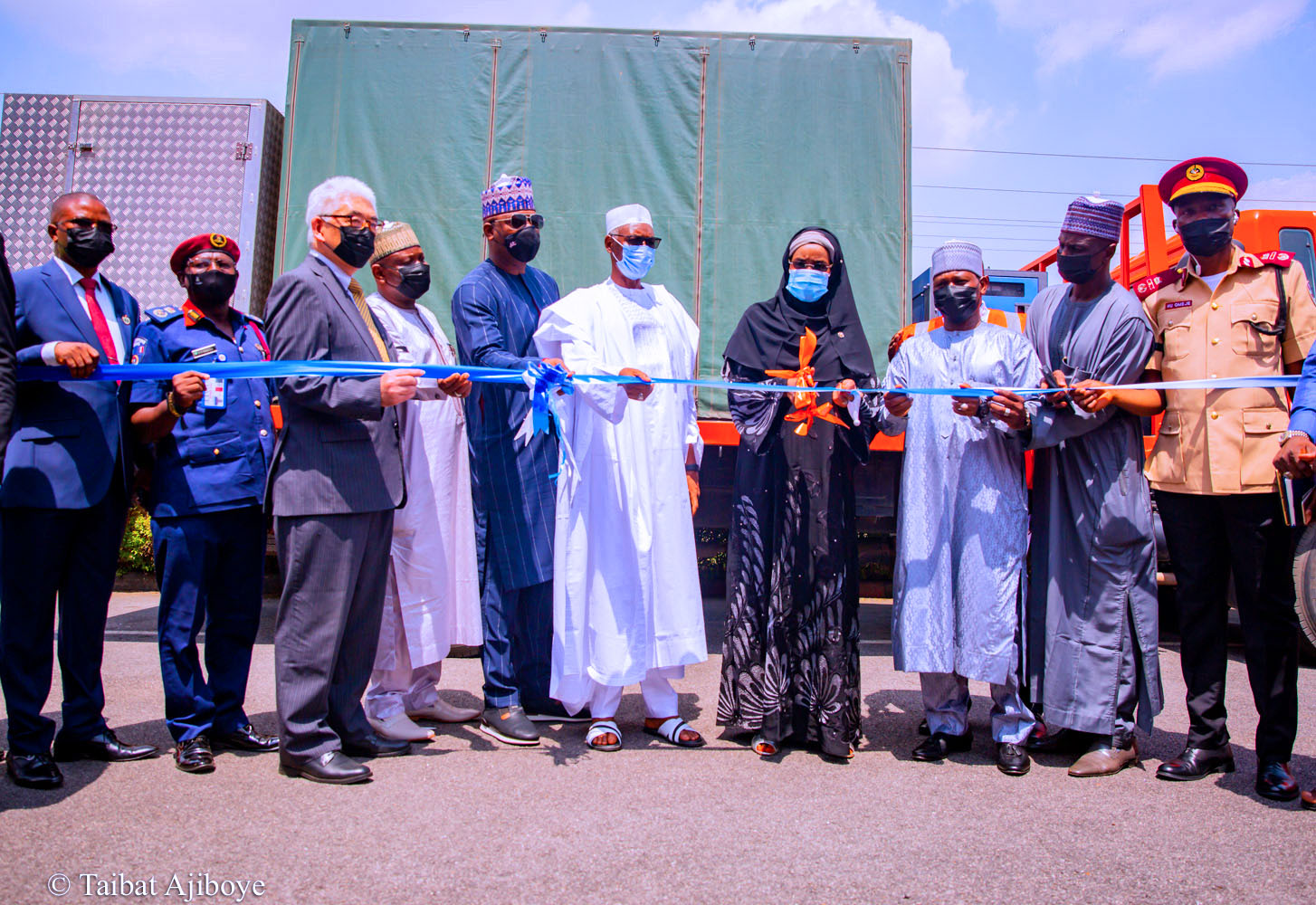Carbon emission
The federal government says it is working towards reducing Nigeria’s greenhouse gas emissions by 47 percent by 2030, in line with its commitments under the Paris Agreement.
Festus Keyamo, minister of aviation and aerospace development, relayed this on Tuesday at the 2025 Africa Climate Forum (ACF) held in Abuja.
The event, themed ‘Bolder, Greener, and Better Steps: Closing Transition Gaps in Africa’, brought together policymakers, diplomats, and experts to discuss pathways for sustainable growth on the continent.
Keyamo, represented by his special adviser on foreign direct investments, Obafemi Bajomo, said Nigeria’s goal is to meet and exceed its nationally determined contributions (NDCs) through an ambitious climate transition plan backed by international support.
Advertisement
“Through our Energy Transition Plan, Nigeria is charting a clear path to achieve net-zero emissions by 2060, expanding renewable energy access and reducing reliance on fossil fuels,” he said.
“We are scaling up climate-smart agriculture, advancing reforestation under the Great Green Wall Initiative, and investing in climate education and public awareness so that every citizen becomes a partner in progress.”
Keyamo added that Nigeria remains committed to achieving sustainable transformation within the aviation sector, a key part of its broader decarbonisation strategy.
Advertisement
He warned that while Africa is endowed with natural and human resources, it remains highly vulnerable to the impacts of climate change, underscoring the need for unified action across the continent.
In his remarks, Isaac Parashina, Kenyan high commissioner to Nigeria, said climate change has evolved beyond an environmental issue to one of development and governance.
“Africa does not lack vision. It lacks cohesion between aspiration, institutions and the resources necessary to sustain them,” Parashina said.
“The question is no longer what Africa needs, but what Africa will decisively choose to do differently.”
Advertisement
He highlighted Kenya’s climate leadership, noting that over 90 percent of the country’s national grid is powered by geothermal energy.
“This success is grounded in policy continuity, investment certainty and a regulatory environment that encourages innovation,” he added.
Parashina also spoke about Kenya’s ongoing campaign to plant 15 billion trees by 2033, describing it as not just an environmental project but a “cultural shift — an investment in the future”.
He called for deeper collaboration between African nations in areas such as renewable energy, green technology, sustainable agriculture, and carbon markets.
Advertisement
Muhammad Dingyard, minister of labour and employment, said the labour sector must play a central role in achieving Nigeria’s climate ambitions.
Represented by James Obadiah, a director in the ministry, Dingyard said the transition to a greener economy would open new opportunities for job creation in renewable energy, environmental conservation, and sustainable industry practices.
Advertisement
“Together, we can develop strategies that reflect our collective ambition to build a resilient and sustainable Africa. An Africa that thrives economically while preserving the environment for generations to come,” he said.
Also speaking, Omotenioye Majekodunmi, director-general of the National Council on Climate Change (NCCC), said the council had strengthened partnerships with international organisations to improve Nigeria’s climate data verification framework.
Advertisement






